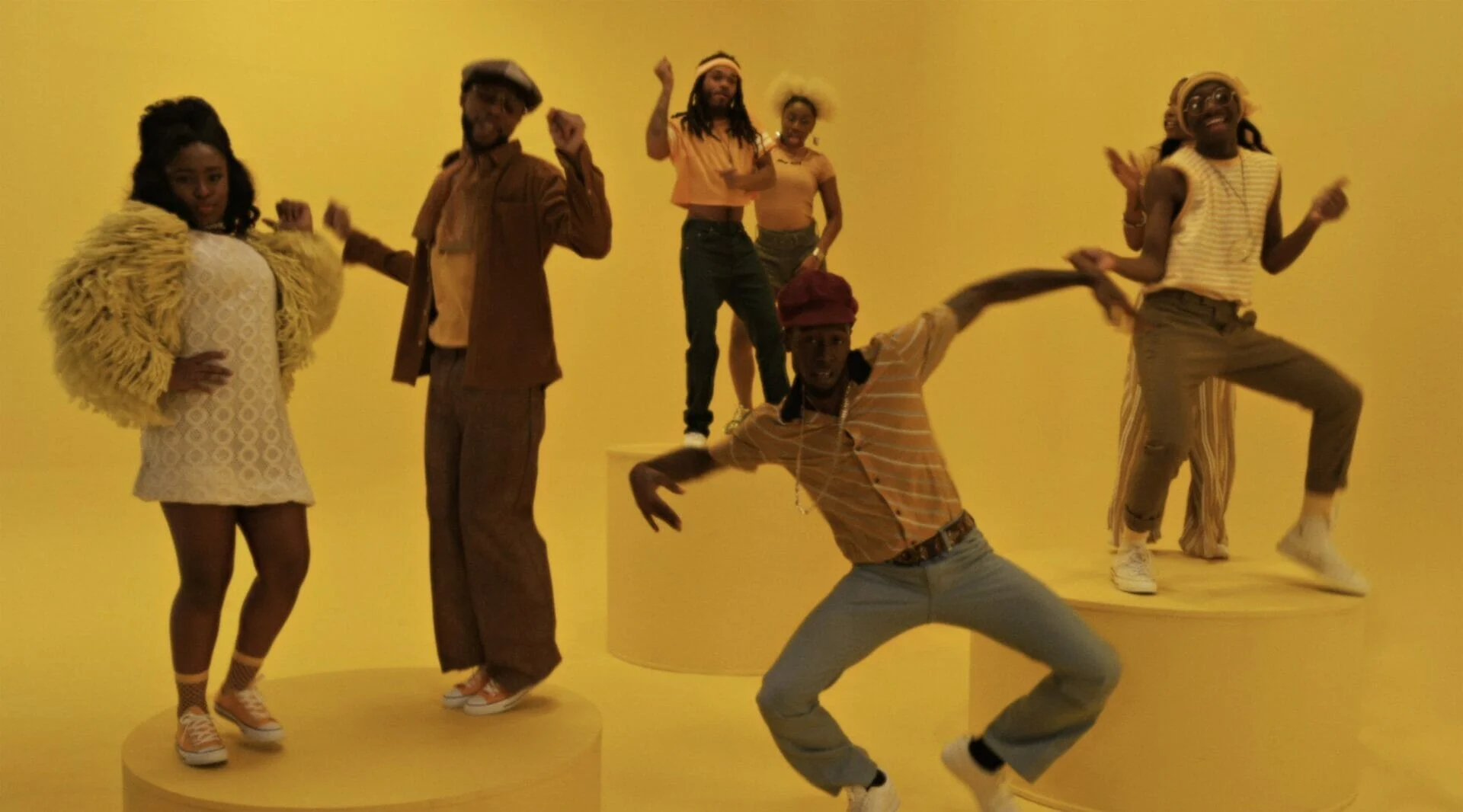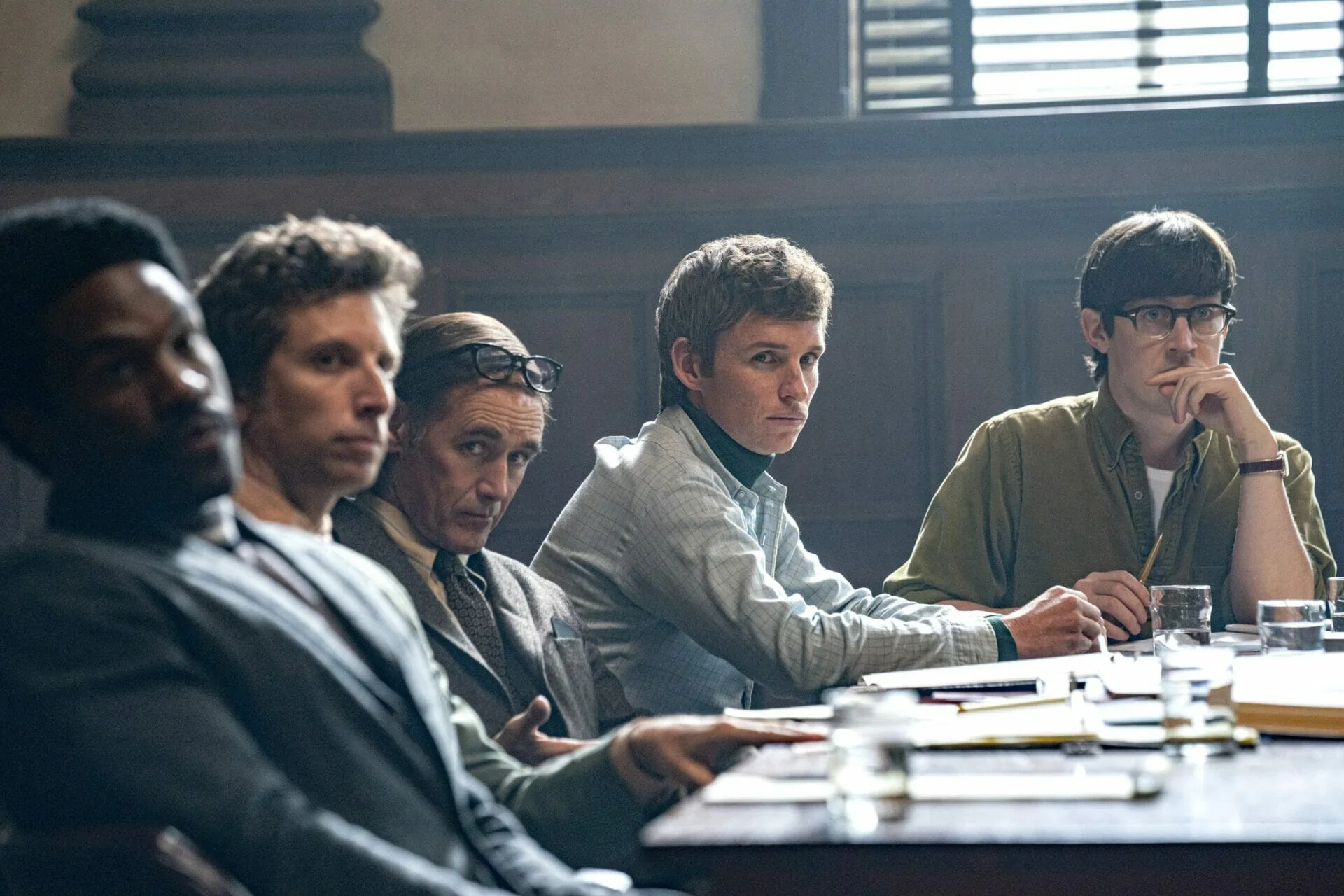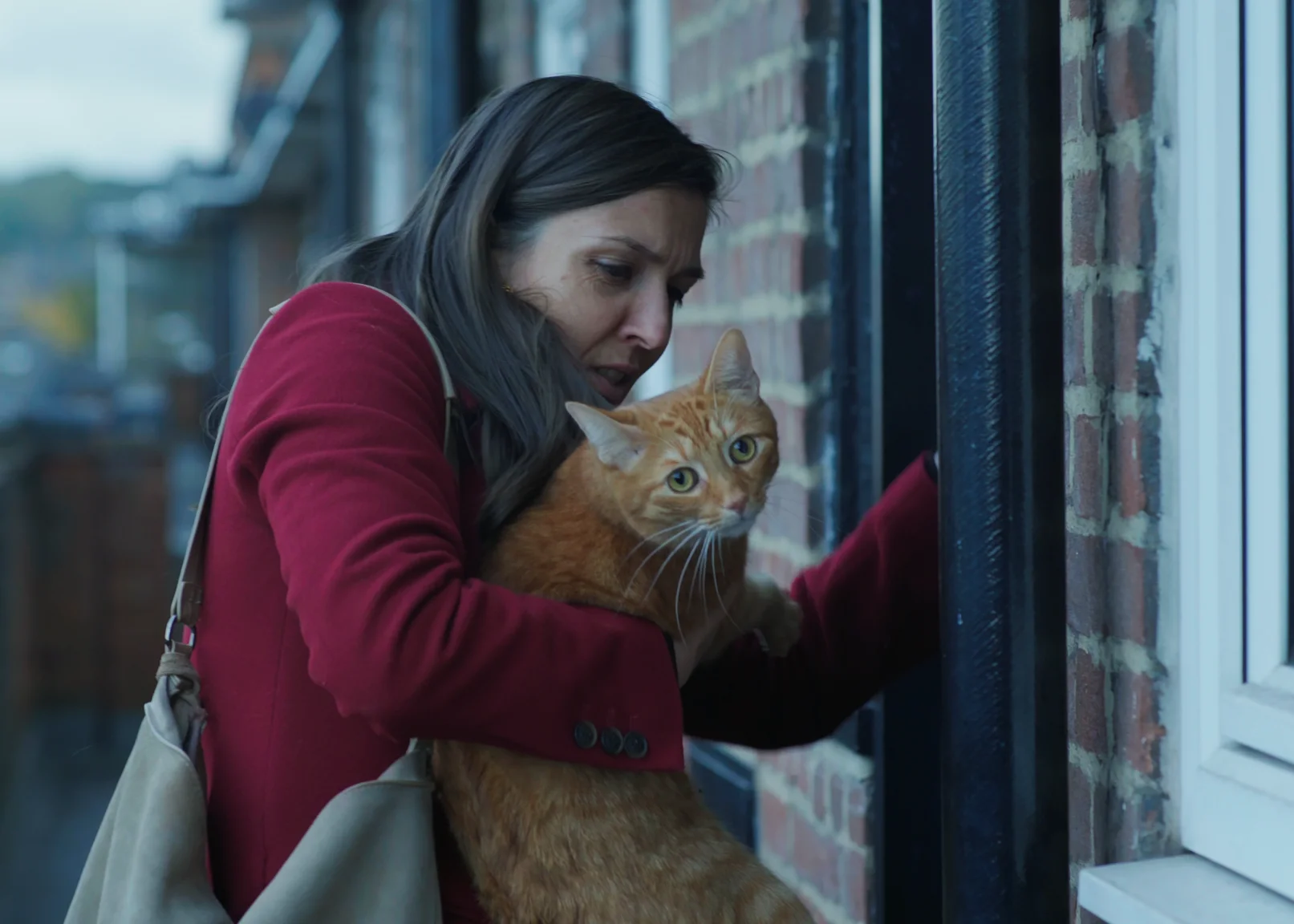
Dear White People | An exploration of racial identity
Creator
Year
Country
Seasons
Runtime
Original language
Genre
Music by
In 2012, Justin Simien created an Indiegogo page to crowdfund his first feature film, Dear White People. Donors could have characters named after them in the movie or even a walk-on part. Result: he raised more than $25,000 in three days. After its premiere at Sundance Film Festival in 2014, the film scored a 91% from the critics and a 61% from the audience on Rotten Tomatoes. Three years later, Simien adapted the story into a Netflix original series, and this time received a 97% from the critics and 63% from the audience. For anyone who wonders about these percentages, it’s all in the title.
The movie told the story of four black students from Winchester, a fictional Ivy League college. In doing so, it explored racial identity and white privilege in a witty, unconventional, and daring way. The series does the same with a single change: the climax of the old version (a blackface-themed party) becomes the premise of the new one. Samantha White (Logan Browning) lives the daily struggle of being a black student in a predominantly white school and calls out the bias on her radio podcast called Dear White People.
A fresh look at discrimination
Lately, other shows like Black-ish and Atlanta have elaborated on the same subject, but what makes this one interesting is a multi-focus structure (something similar to 13 Reasons Why). Each episode has a different protagonist and uncovers not only the tiny corners of cultural appropriation (in terms like woke, grits and hoteps), but also the nuances of systemic racism (such as colorism, prejudice based on skin tone self-perception and carried out by black people among themselves). It has all been real for centuries, but it’s hardly shown on-screen with this much honesty.
Despite white audiences’ boycott and request for a Dear Black People version – which sounds as trivial and racist as All Lives Matter – and despite the series’ downward trajectory after the second season, Justin Simien’s idea stands as a provocative, fresh, and much-needed look at discrimination. It is something that should concern those who endure it as much as those who perpetrate it.
Tag
Buy a ☕ for Hypercritic








